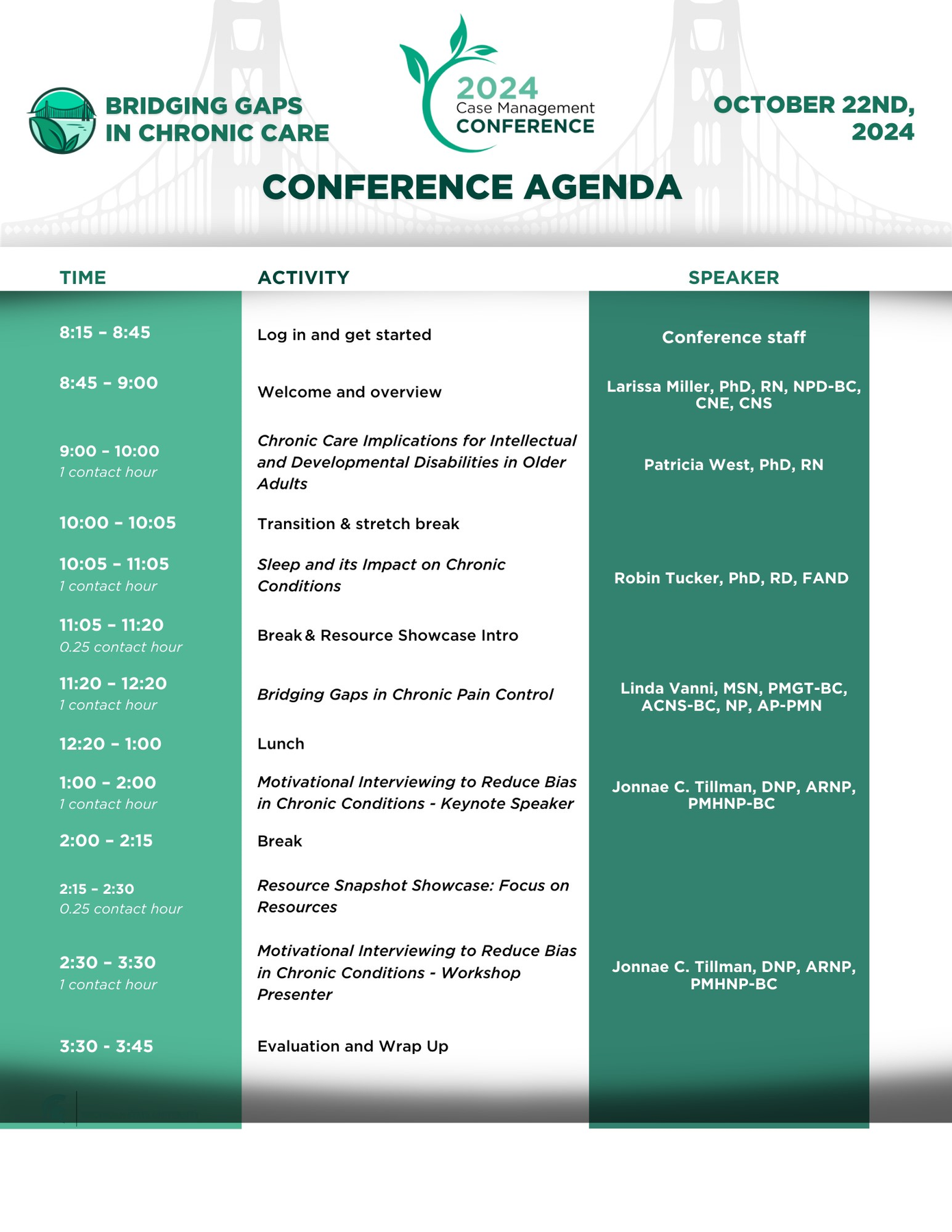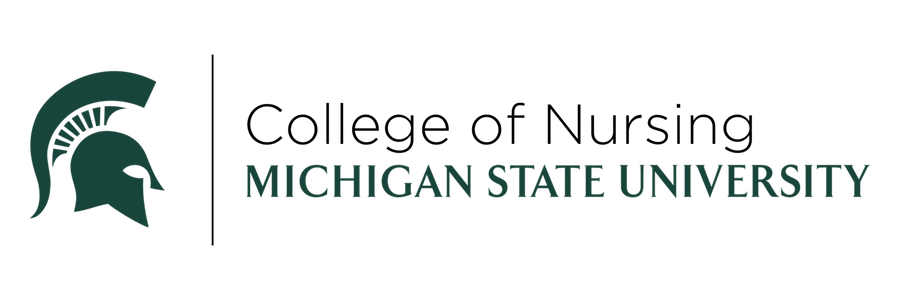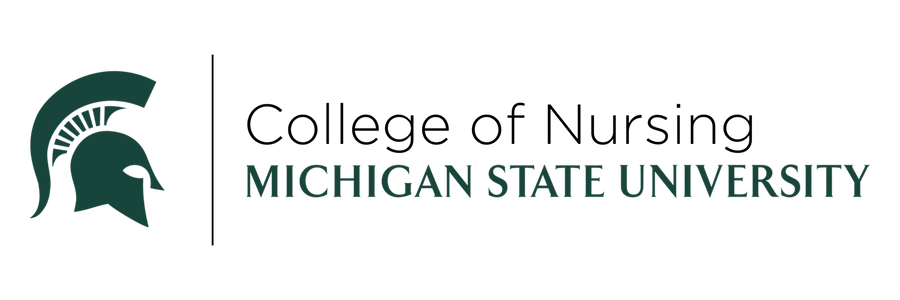

The 24th Annual
Case Management Conference
will take place on October 22, 2024,
online via Zoom.
Registered nurses, social workers, and other healthcare professionals attending this 100% virtual event will actively engage with a carefully selected team of experts to enhance care coordination and case management skills necessary to bring together our clients, our professional and personal selves, and our communities with a special focus this year on chronic care issues... bridging gaps in chronic care.



PROGRAM OUTCOMES
Upon completion of this conference, the participant will:
- Identify resources and strategies related to the care of adults with chronic intellectual and/or developmental disabilities.
- Summarize at least two details about the effects of sleep problems on chronic disease risk and management
- Discuss chronic pain control and the gaps in care that often exist for both patients and providers.
- Identify and apply increased knowledge of motivational interviewing best practices and examples of application to personal and professional practice to improve connections, reduce bias, and impact health inequity through strengthened conversations.
REGISTER ONLINE
Go to https://bit.ly/2024CMCRegistration to register online and make your payment by credit card, Google Pay, Apple Pay or PayPal.
The registration fee includes attendance for the entire day and access to conference materials. A $25 service fee will be retained on all refunds. To request a refund, email CON.Nurse.CE@msu.edu with your request. Please include your registration/ticket number.
No refunds will be made after Monday, September 23, 2024.
After capacity is reached, registration will be suspended. This is a popular conference, accepting registration on a first-come, first-served basis. Please register early to ensure your virtual seat!
Continuing Education (CE): CNE/SWCE/CCM:
Partial credit may be given for continuing education if a participant is unable to attend all sessions. No refund is given for sessions not attended at the virtual conference.
QUESTIONS? Contact us at CON.Nurse.CE@msu.edu.
WHO SHOULD ATTEND?
This conference is designed to meet the continuing education needs of registered nurses, licensed social workers, case managers, and other healthcare professionals interested in case management and transitions of care across a variety of healthcare settings. Nurses and licensed social workers in all specialties and care settings will benefit from this experience.
WHY SHOULD I ATTEND?
Participants from a variety of settings will gain insights and share best practices surrounding bridging gaps in chronic care. Learn from the collective knowledge of experts and interactions with peers during this fast-paced conference experience – with the ease and convenience of a 100% virtual event. We hope you will join us!
REGISTRATION FEES
(Per Individual)
Early Bird Registration (by August 31)
Regular Registration (after August 31)
Early Group (4 or more) (by August 31)
Regular Group (4 or more) (after August 31)
Henry Ford Health System Employees
MSU Employees
Retiree
MSU Student
$75
$90
$65
$80
$75
$75
$55
$55


Bridging Gaps
in Chronic Care
Tuesday
October 22, 2024



College of Nursing


School of Social Work

Presenters
Patricia West, PhD, RN
Chronic Care Implications for Intellectual and Developmental Disabilities in Adults
This session will focus on gaps in care for adults and older adults with chronic intellectual and/or developmental disabilities. Topics covered will include providing an overview of concepts, health conditions, and strategies related to the care of adults with intellectual and/or developmental disabilities, the application of the Alliance for Disability in Health Care Education’s core competencies in clinical practice with individuals with intellectual and/or developmental disabilities, and identification of community and professional resources and tools that can assist in the care of individuals with intellectual and /or developmental disabilities.
Dr. Patty West is an Assistant Professor at Michigan State University College of Nursing. Her research focuses on supporting individuals with neurodevelopmental disabilities and their families who are adapting to assistive technologies to improve communication. Dr. West was a participant in a competitive traineeship program, the Michigan Leadership Education in Neurodevelopmental & Related Disabilities (MI-LEND) through the Michigan Developmental Disabilities Institute. She is an experienced nurse educator, teaching in undergraduate nursing courses and co-teaches an interprofessional elective course developed to focus on team-based approaches for improving holistic outcomes of adults with chronic intellectual and/or developmental disabilities during care transitions.
1 contact hour
Robin Tucker, PhD, RD, FAND
Sleep and its Impact on Chronic Conditions
In this session, Dr. Tucker will identify ways that insufficient or poor sleep can contribute to chronic disease risk, discuss causes of sleep problems, and summarize approaches that healthcare providers can share with patients and clients that have been shown to reduce sleep issues. Upon completion of this activity, learners will state increased knowledge about the effects of sleep problems on chronic disease risk and management and be able to state examples of sleep hygiene best practices.
Dr. Robin Tucker is an associate professor of Food Science and Human Nutrition at Michigan State University. She studies the effects of sleep problems on diet-related chronic disease management. Dr. Tucker’s professional interests include developing the healthcare work force to identify and address behavior-based sleep issues to improve healthcare outcomes for patients and clients.
1 contact hour
Linda Vanni, MSN, PMGT-BC, ACNS-BC, NP, AP-PMN
Bridging Gaps in Chronic Pain Control
In this session, Linda will lead a discussion of chronic pain control and the gaps in care that often exist for both patients and providers. Chronic pain treatments that will be discussed include opioids, adjunctive therapies, under-utilized interventional pain control strategies, and an overall reflection of the resources available to health care providers in Michigan and beyond.
Linda is a licensed Nurse Practitioner specializing in pain management for the past 40 years, presenting over three thousand lectures. Linda received her undergraduate nursing degree from Wayne State University and her master’s degree in nursing from Madonna University. She is board certified as both a Clinical Nurse Specialist and Pain Management Nurse through the American Nurses Credentialing Center (ANCC). The American Society of Pain Management Nursing (ASPMN) has granted Linda recognition as an Advanced Practice Pain Management Nurse, only sixty in existence. Linda has co-authored the ASPMN core curriculum chapter on Cancer Pain and is ASPMN’s Director of Master Faculty for Advanced Pharmacology. She is a consultant, author, and clinician. Her awards include the Clinical Excellence Award from the Midwest Pain Society, the WSU College of Nursing Alumni of the Year, the ASPMN Nurse Exemplar Award and the prestigious Nightingale award.
1 contact hour: this session also meets the criteria for 1 hour of Michigan pain continuing education content credit.
Jonnae C. Tillman, DNP, ARNP, PMHNP-BC
Motivational Interviewing to Reduce Bias with Chronic Conditions
In these conference sessions, Dr. Tillman will not only redefine the current state of motivational interviewing theory and practice but will also lead an interactive workshop session for conference attendees to hone their motivational interviewing skills. Attendees will actively try out new approaches and leave the conference with actionable skills and improved confidence. Upon completion of these two conference sessions, participants will state increased knowledge of motivational interviewing best practices and examples of application to personal and professional practice to improve connections, reduce bias, and impact health inequity through strengthened conversations.
Jonnae Tillman is in her 21st year as a trainer, researcher, and consultant in Motivational Interviewing (MI) and is a member of MINT (Motivational Interviewing Network of Trainers), an international organization committed to research, training, and practice. Dr. Tillman is a psychiatric nurse practitioner (PMHNP) and has earned degrees in psychology, addiction medicine, and a Doctor of Nursing Practice (DNP). Jonnae is the Director of the PMHNP program at Seattle University and has trained and coached emergency department practitioners at NYU/Bellevue Hospital, Miami’s Jackson Memorial, and Massachusetts General in Boston. Jonnae is a former Clinical Director of Research at the University of Washington, where she provided M.I. training, supervision, and fidelity adherence. For over ten years, Jonnae’s work has intersected with diverse organizations and populations such as Nurse Family Partnership, Washington State Department of Corrections, Migrant Head Start, Homeless Persons Healthcare, Domestic Violence Response Team and Tribal Healthcare for Lower Elwha Klallam / Tulalip Tribes of Washington.
2 contact hours: these sessions also meet the criteria for 2 hours of Michigan implicit bias continuing education content credit.

NEW!

This year we will be offering a pop-up Resource Showcase during the conference day highlighting websites, agencies and resources shared by participants!
Stay tuned to learn how you can contribute you and your colleague's favorite and most-used tools to help others!
CONTINUING EDUCATION FOR NURSING, SOCIAL WORK, AND CASE MANAGEMENT CERTIFIED PROFESSIONALS
Nursing: Up to 5.75 continuing education (CE) & continuing nursing education (CNE) contact hours.
Michigan State University College of Nursing is accredited with distinction as a provider of nursing continuing professional development by the American Nurses Credentialing Center’s Commission on Accreditation.
Social Work: Up to 5.5 continuing education contact hours.
Michigan State University School of Social Work, an accredited social work education program, is authorized by the Michigan Licensure Law Administrative Rule 338.2965 to award Michigan social work continuing education contact hours. We are also an approved Michigan Social Work Continuing Education Collaborative Provider (provider #0001) for all programs through August 2025, renewed annually. Criteria for successful completion includes attendance of the full conference, following an online verification of attendance and submission of a completed online evaluation. For ADA requests and for questions regarding the continuing education portion of your day, please contact swkce@msu.edu or (517) 353-3060.
Pain CE contact hours for Nursing and Social Work:
The Bridging Gaps In Pain Control session will provide 1 contact hour for pain and pain symptom management (Pharmacotherapeutic content, relevant for advanced practice nursing, will not be provided). CE certificates will include pain CE content completion information.
Implicit Bias CE contact hours for Healthcare Providers:
The Motivational Interviewing to Reduce Bias with Chronic Conditions sessions will each provide 1 contact hour (total of 2 implicit bias contact hours) that meets the Michigan Licensing and Regulatory Affairs (LARA) content requirement for implicit bias training. CE certificates will include implicit bias CE content completion information.
Commission for Case Manager Certification (CCMC) contact hours:
Contact hours for preapproved continuing education are pending through the Commission for Case Manager Certification.
Disclosures:
No one with the ability to control the content of this activity has any relevant financial relationship(s) with an ineligible company to disclose. There are no commercial interests to disclose.
Criteria for successful completion of this continuing education activity are registration for the event, signing into the webinar, attestation of participation in conference sessions, and completion/submission of a session and post-conference evaluation survey at the end of the conference day. Participants should plan to complete the evaluation immediately following the conference with the link that will be shared in the last live session.
2024 PLANNING COMMITTEE
Michigan State University College of Nursing
Co-Chairs:
Larissa Miller, PhD, RN, BC-NPD, CNE, CNS
Adrianne Wilkerson, DNP, RN, FNP-BC
Katherine Kowalski, DNP, RN, AGACNP-BC, CEN
Michigan State University School of Social Work
Gina Tremonti Gembel, MSW
Michigan State University College of Human Medicine Institute for Healthcare Policy
Debra Darling, BSN, RN
Christine Karl, BA, RN
Children’s Special Health Care Services (CSHCS)
Michigan Department of Health and Human Services (MDHHS)
Detroit Health Department, City of Detroit
Crystal Hepburn BScN, RN, CCM
National Alliance on Mental Illness (NAMI), Lansing
Margaret Keeler, MSN, RN, FNP-BC, PMHNP-BC
McLaren Medical Group
Michele Milam, BSN, RN, CCM (retired)
Tri-County Office on Aging
Judy Wernert, BSN, RN
Michigan Department of Health and Human Services (MDHHS)
Suzette Burkitt-Wesolek, BSN, RN (retired)

Bridging Gaps
in Chronic Care
this EVENT was made possible BY

College of Nursing


School of Social Work

Brought to you by the Michigan State University College of Nursing and School of Social Work.
